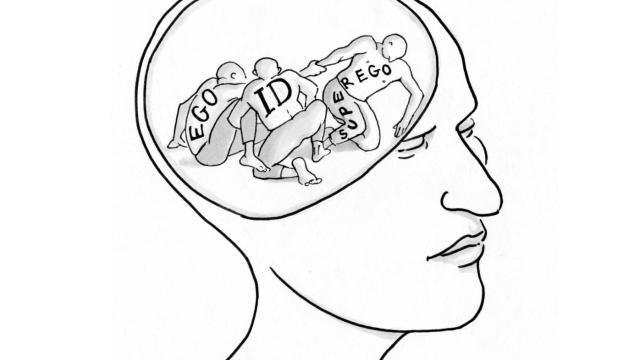Startup Brings Experimental Drugs to Dying Patients

A Dutch startup is working on behalf of seriously ill or dying patients to access experimental pharmaceutical drugs years before they are approved (or not) by governmental regulatory bodies.
Call myTomorrows, the company negotiates directly with drug developers for access to promising treatments, “compiling accurate data on the drug’s risks and successes to date, streamlining the application paperwork, and later receiving data on the use of the drug.”
Like victims of the AIDS epidemic portrayed in the recent film Dallas Buyers Club, many patients grow frustrated with red tape involved in the drug approval process. While it can take fifteen years for a new drug to be approved, the clinical success of a drug is typically well established after eight years of testing.
“In the U.S., the libertarian Goldwater Institute is lobbying to pass “Right To Try” legislation in all 50 states that would give doctors the “ok” to prescribe terminally-ill patients unapproved drugs that have undergone minimum basic safety testing.”
The FDA currently accepts what it calls “compassionate use exceptions” but since most patients do not have elite doctors who know about experimental treatments, only between 1,000-2,000 applications are received each year.
Ultimately the decision to release an unapproved drug rests with pharmaceutical companies. If they hesitate, it is typically because a single bad result with a terminally ill patient could taint the perception of the drug.
As Phizer senior scientist Tim Subashi explains, despite the ease of creating a narrative that portrays pharmaceutical companies in a harsh light, their work is righteous and indisputably saves lives. It’s an expensive process but ultimately a highly rewarding one:
Read more at Fast Company
Photo credit: Shutterstock





